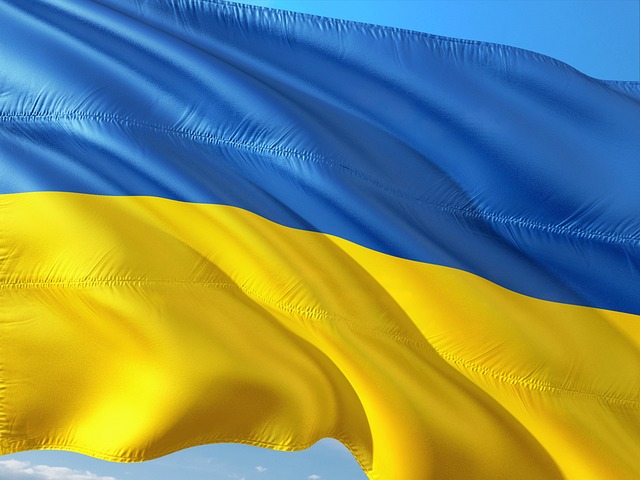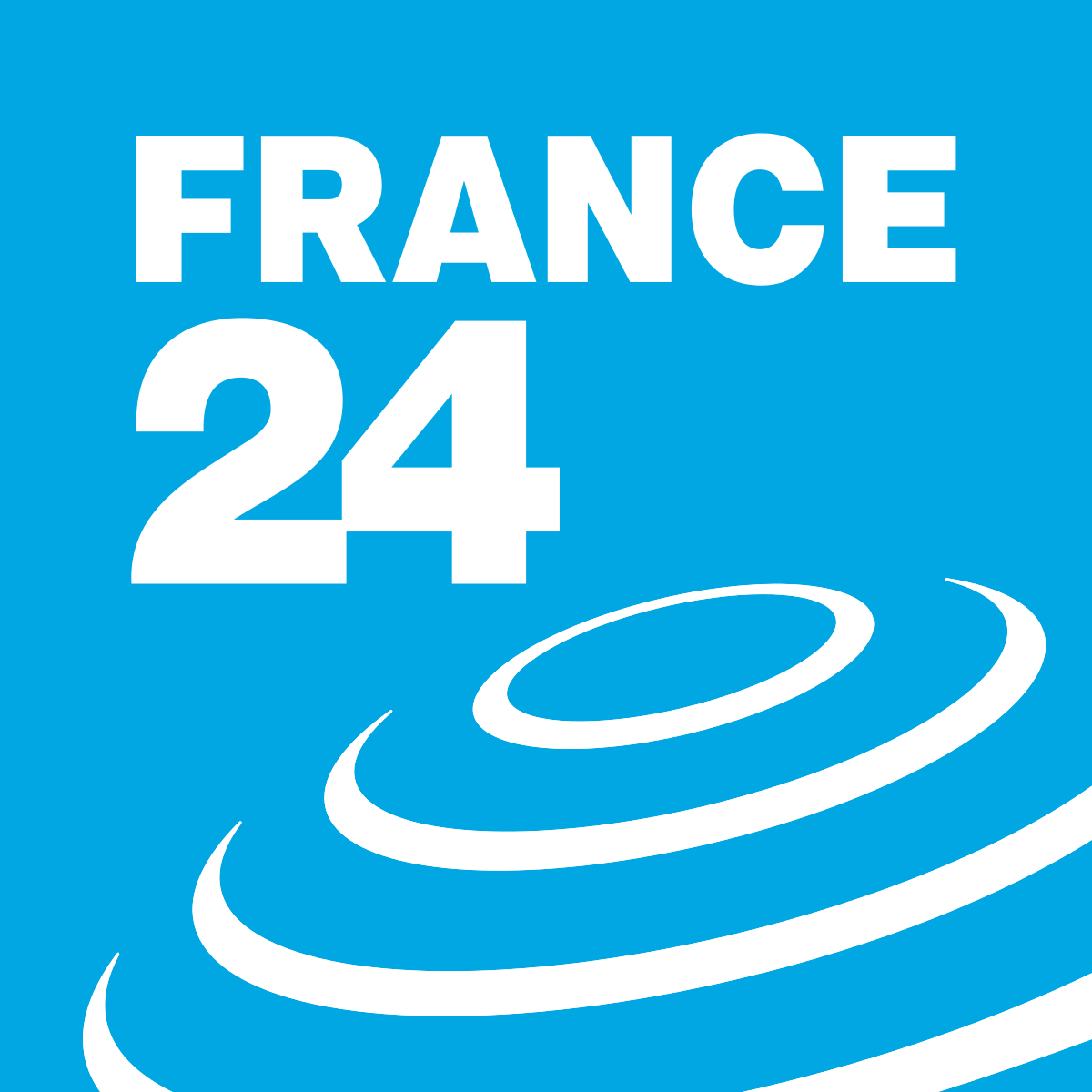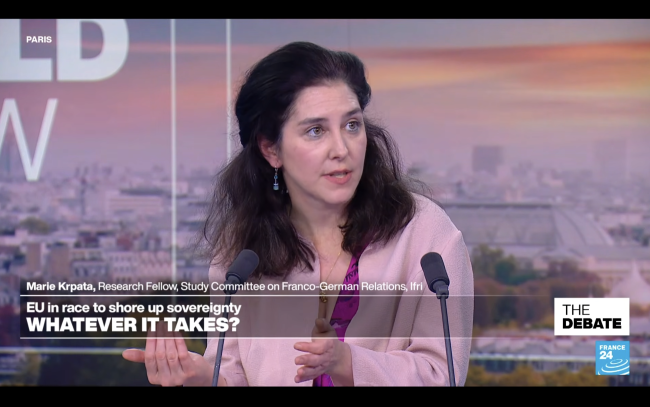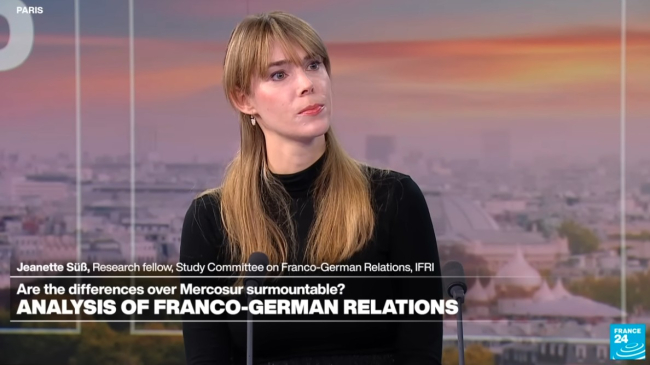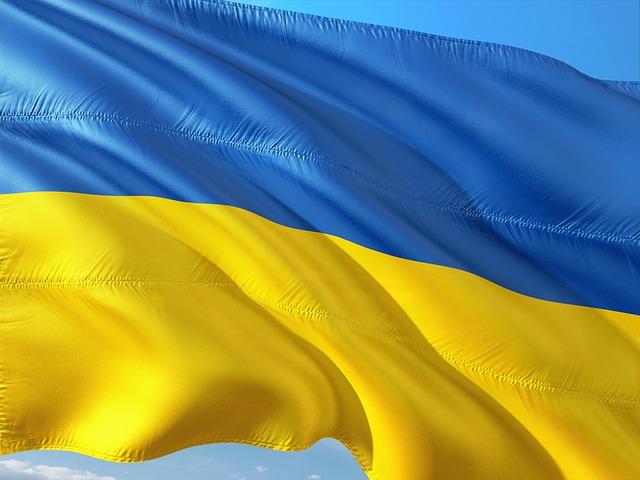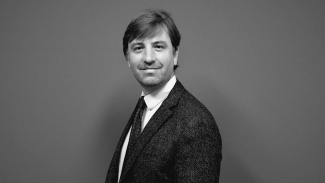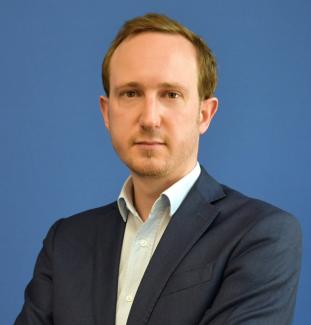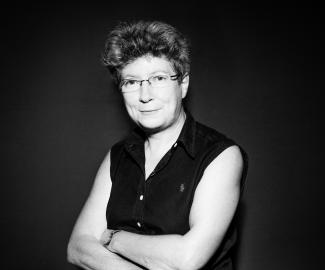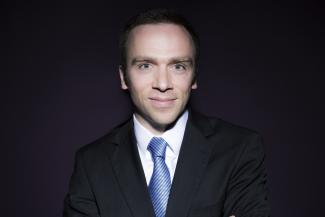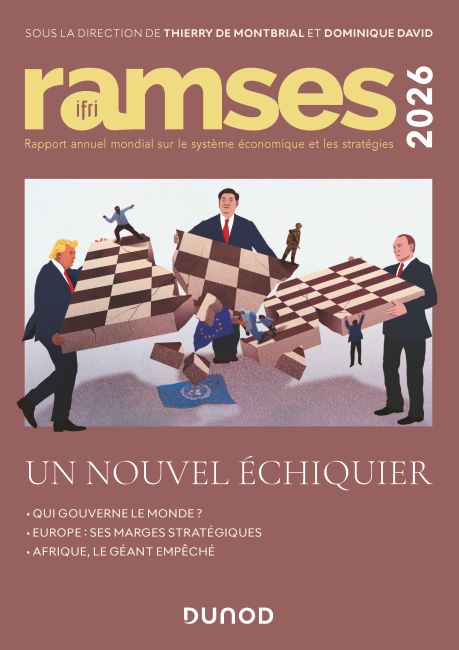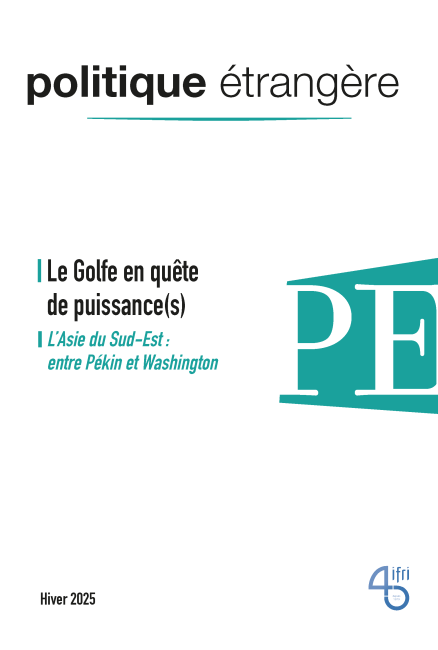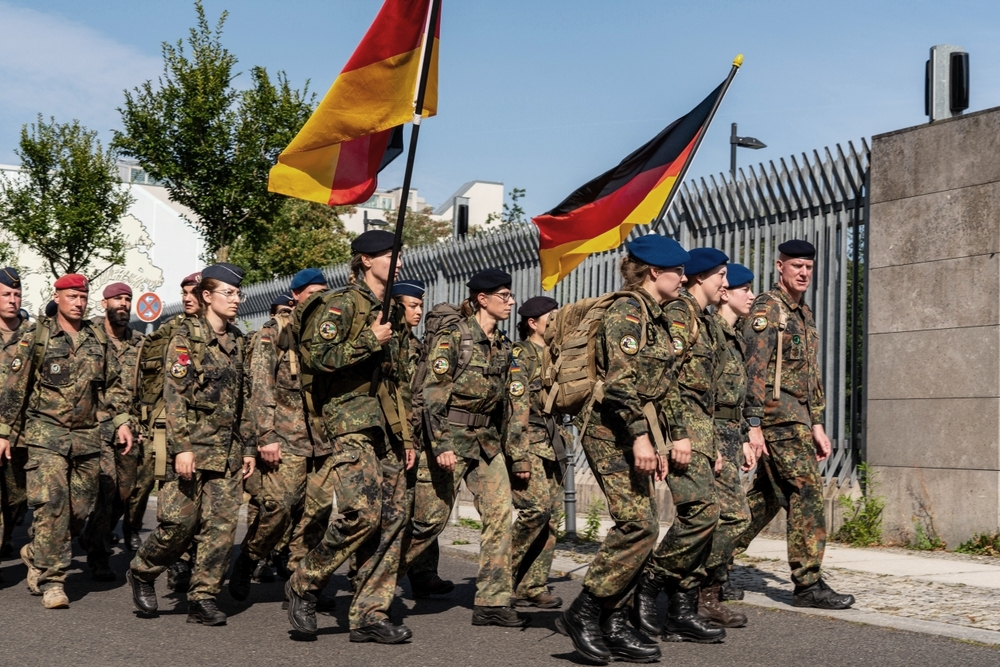
Bundeswehr: From Zeitenwende to Epochenbruch
The Zeitenwende (historic turning point) announced by Olaf Scholz on February 27, 2022, is shifting into high gear. Financially supported by the March 2025 reform of Germany’s “debt break” and backed by a broad political and societal consensus to strengthen and modernize the Bundeswehr, Germany's military capabilities are set to rapidly increase over the coming years.
Titre bloc à la une
Highlights
See all our analyses
Russia, the Palestinians and Gaza: Adjustments after October 7th
The Soviet Union (USSR), and subsequently the Russian Federation as its internationally recognized legal successor, has consistently sought to play a visible role in efforts to resolve the Israeli-Palestinian conflict.
Whatever it takes? EU in race to shore up sovereignty
Can Europe man the ramparts on its own? As the US war secretary snubbed a NATO defence ministers' meeting in Brussels, EU leaders converged on the 16th-century Alden Biesen castle in Belgium's Limburg province to answer former Italian prime minister Mario Draghi's call for a "big bazooka" approach to reform and competitiveness.
Europe at a crossroads: Rethinking Franco-German leadership
François Picard is pleased to welcome Jeanette Süß, Researcher at the Study Committee on Franco-German Relations (Cerfa) at the French Institute of International Relations (Ifri).

Upcoming Events
EV Supply Chains for Japan and Europe: Strengthening Economic Security
Quelle politique de défense en Allemagne ?
Titre
Highlights
Titre
Watch and listen
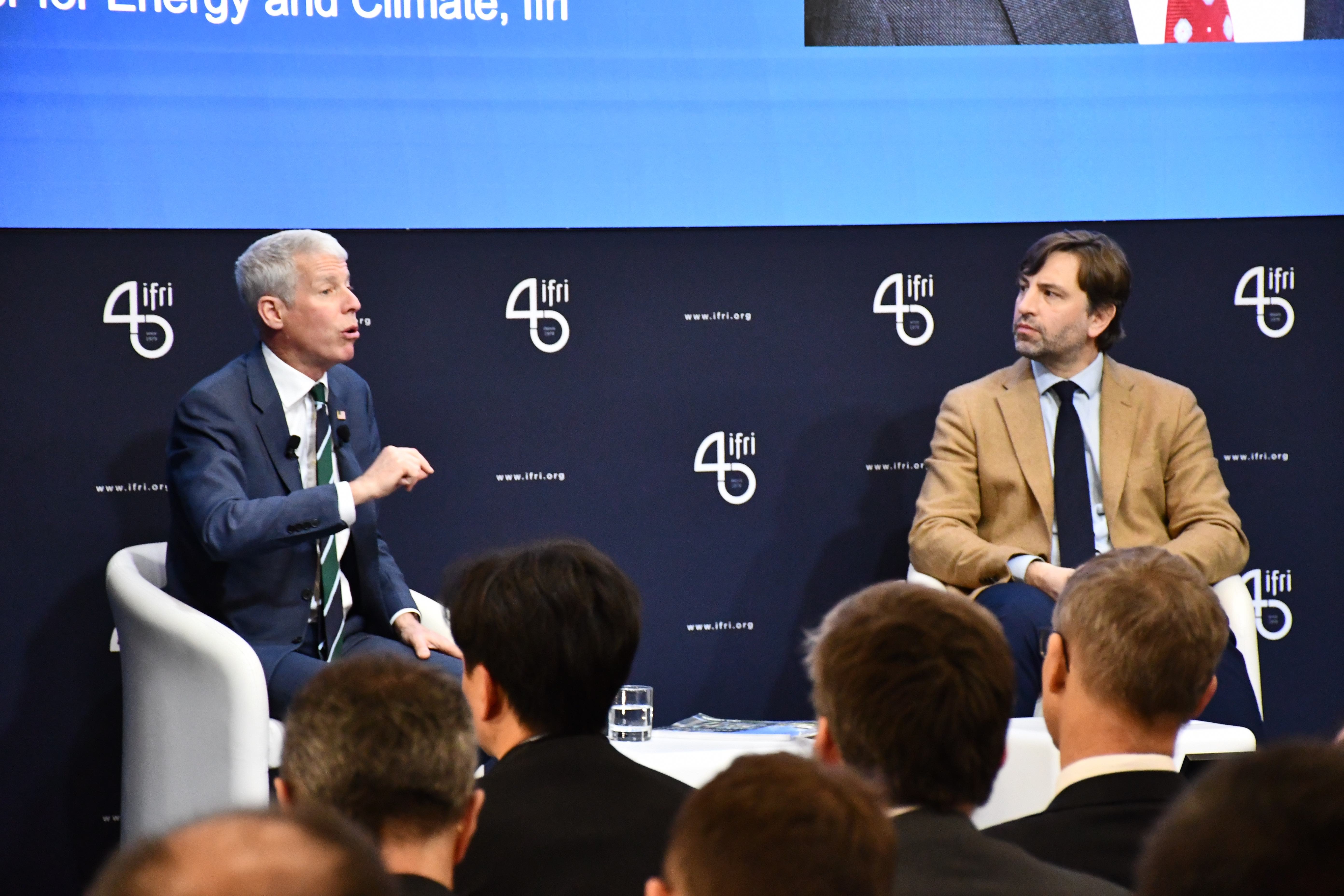
Replay - Conference with Chris Wright, Secretary, U.S. Department of Energy
Welcomed at the French Institute of International Relations (Ifri), Chris Wright outlined his vision of American energy policy built around two core axes: the human reality of energy access, and a data-driven approach.
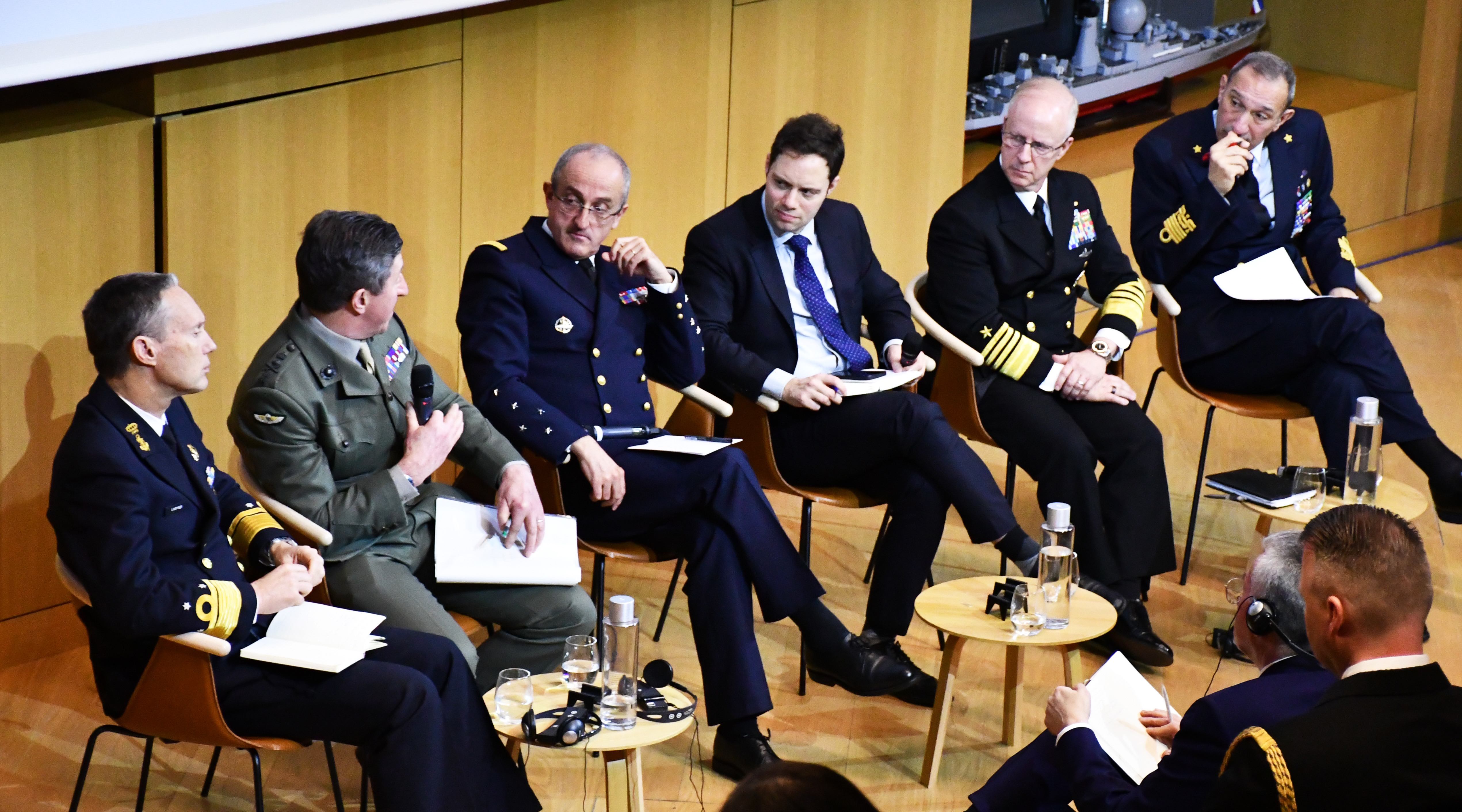
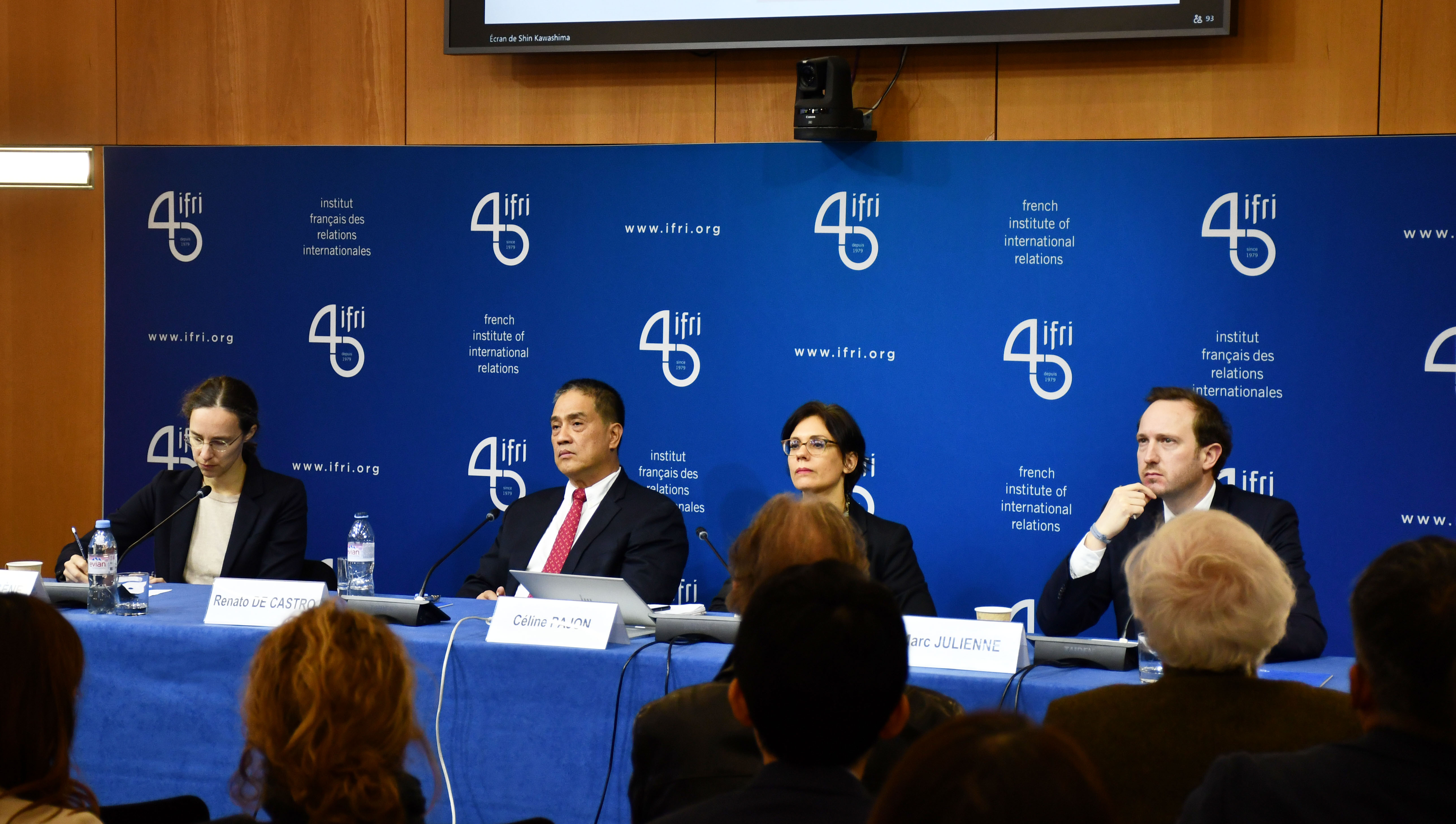
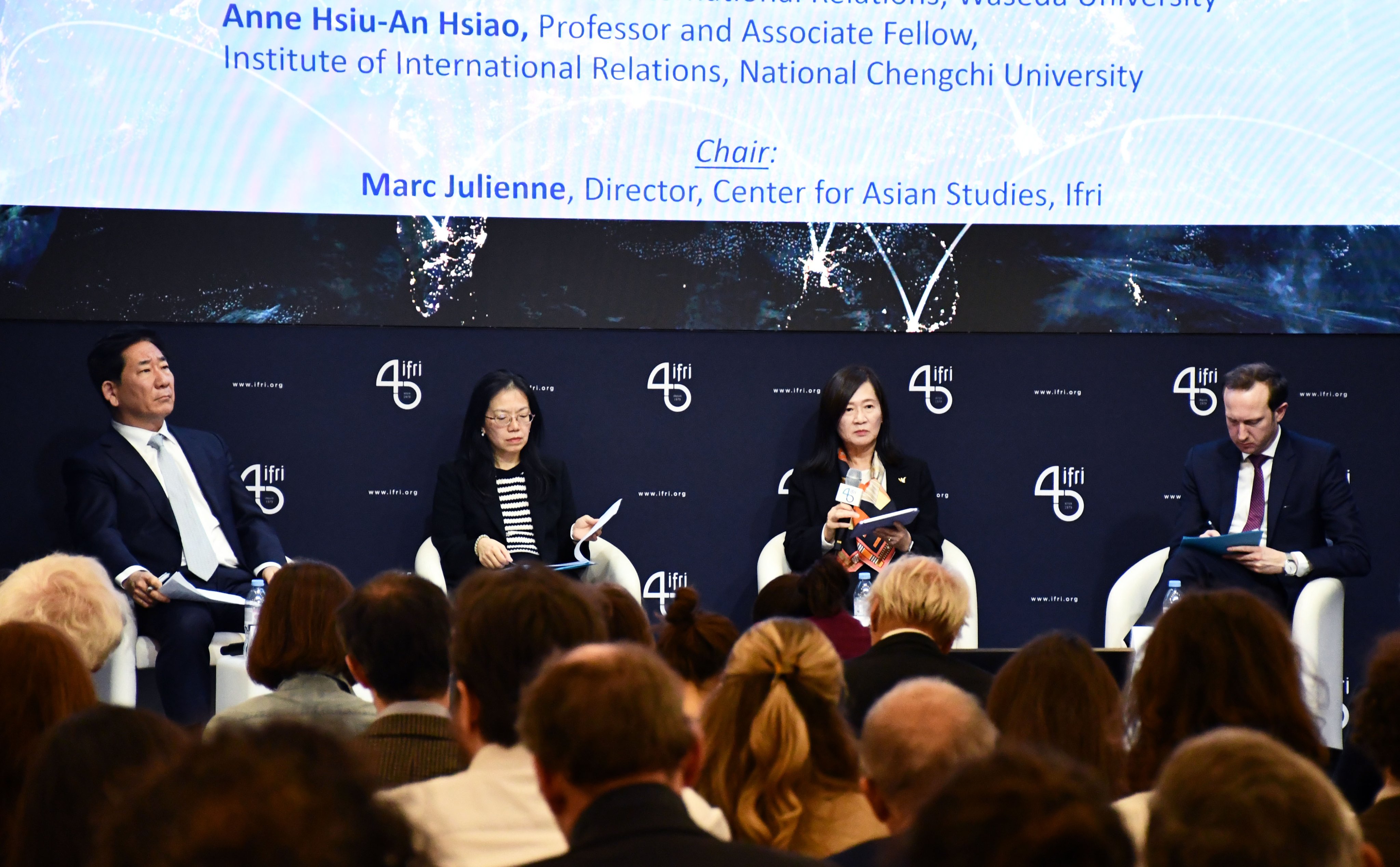
Replay - Strategic Autonomy and Asia amid Rising Geoeconomic Competition
Amid growing strategic and geopolitical uncertainty, Europe is grappling with the notion of its strategic autonomy. For Europe’s partners in Asia, the concept is also becoming increasingly salient as the world enters an era of structural transformation.
Understand today's world to better shape it tomorrow
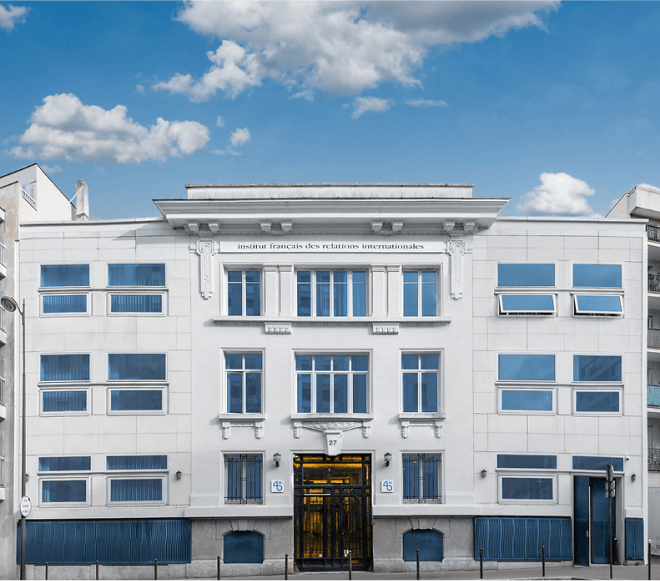
For more than 45 years, Ifri has placed international relations at the center of discussions for the benefit of the general interest.
Support independent French research
Ifri, a foundation recognized as being of public utility, relies largely on private donors – companies and individuals – to guarantee its sustainability and intellectual independence. Through their funding, donors help maintain the Institute's position among the world's leading think tanks. By benefiting from an internationally recognized network and expertise, donors refine their understanding of geopolitical risk and its consequences on global politics and the economy. In 2025, Ifri supports more than 80 French and foreign companies and organizations.






